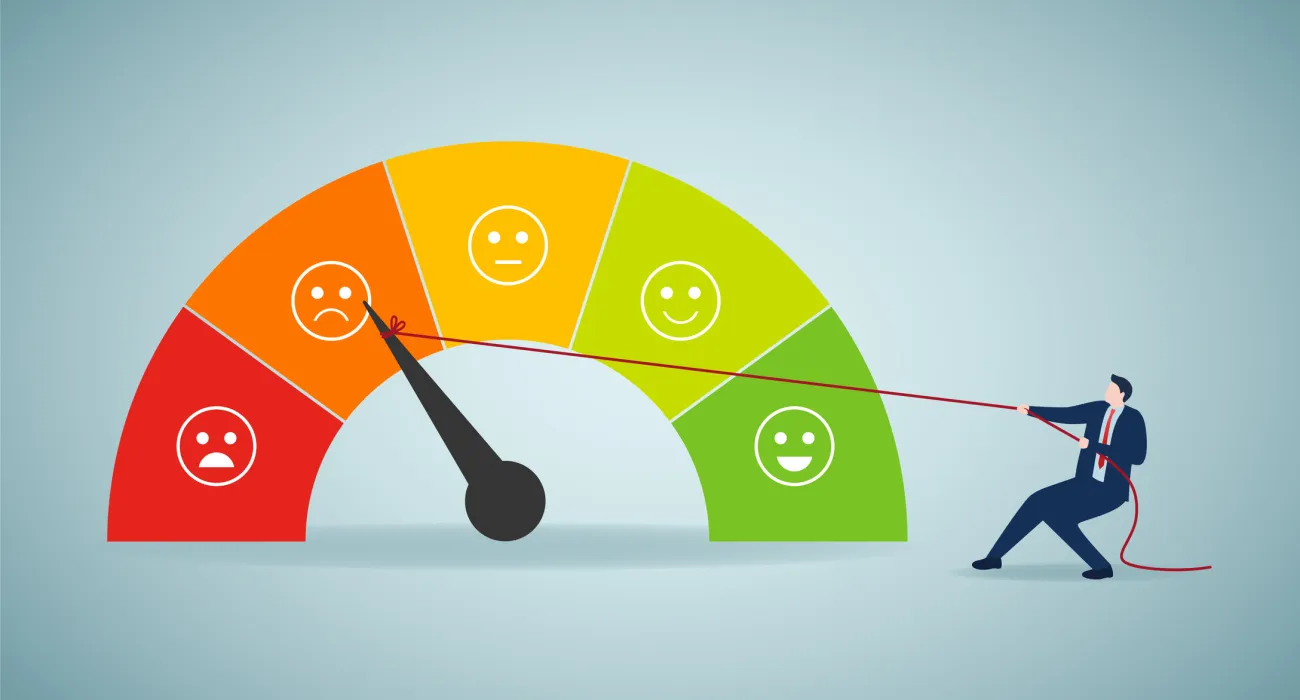To delve into the intricate realm of credit scores, our historical journey
begins in the early 19th century, led by the forward-thinking Lewis Tappan. In
1841, Tappan, an American merchant, laid the foundation for the first US agency
dedicated to rating commercial credit. At its inception, the focus was
primarily on assessing the payment capabilities of business borrowers, a far
cry from the comprehensive consumer-centric credit evaluations we know today.
Fast forward to the dynamic landscape of the 1960s, and credit reports
underwent a transformative evolution. No longer confined to financial data
alone, these reports became a repository of personal character, reflecting an
individual's morality and goodness, intricately tied to their willingness to
meet financial obligations. However, as technological advancements led to the
digitization of records in subsequent decades, credit reports were streamlined
to emphasize essential details: account names, balances, payment history, and
records of opened or closed accounts. This transformative period also witnessed
the birth of the FICO score in the 1980s, a pivotal development that
standardized credit assessment.
In our contemporary era, where credit scores wield unparalleled influence
over our ability to make essential purchases, it's perplexing that a
substantial number of individuals remain in the dark about their own scores.
What contributes to this lack of awareness? Many shy away from checking their
credit reports due to the incessant bombardment of solicitations for credit
monitoring services from major credit agencies. Additionally, there's a
prevalent misconception that obtaining one's credit report requires payment.
Over the years, credit agencies have consolidated into three major
players—Equifax, Experian, and TransUnion. Notably, there are ongoing proposals
to establish a federally backed credit bureau under the aegis of the Consumer
Financial Protection Bureau, potentially reshaping the landscape of credit
reporting and regulation.
Despite the challenges, it's imperative to emphasize that individuals can access their credit reports at no cost, up to six times per calendar year. This accessibility holds the key to unlocking a realm of financial opportunities, as a good credit score is not merely a number but a passport to favorable terms, opportunities, and financial well-being. Understanding the historical evolution of credit assessment underscores the critical role these scores play in our lives and highlights the pressing need for enhanced awareness and education surrounding them.
If you would like to receive more information on making smart money moves for your future, be sure to contact us today!





